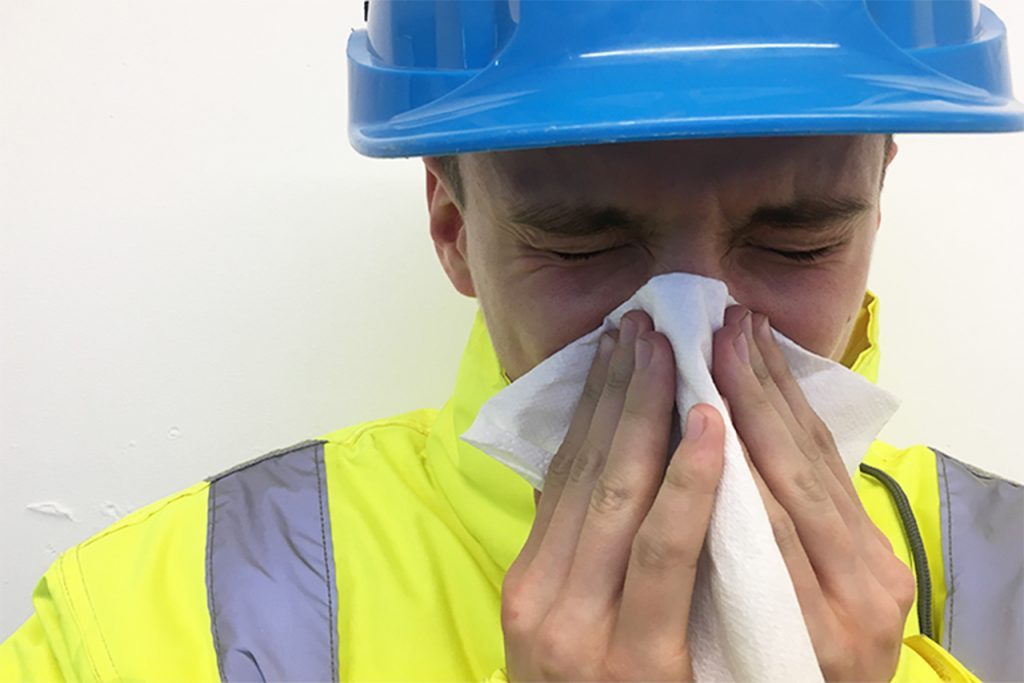A global survey has found that most workers would continue to work when sick with flu-like symptoms, a move that could have dire consequences in the current pandemic

The Australian and international research surveyed over 500 workers, around half of which were healthcare workers.
More than 95 per cent of people said they would would work through “minor” symptoms like a sore throat, sneezing/runny nose, or cough, and almost 60 per cent said they would work even sick with flu-like symptoms such as muscle aches and fever.
The authors say that at the time of the present COVID-19 pandemic it is important to realise that workers, despite feeling moderately sick during flu seasons, still feel the obligation to work.
“It was bad enough before COVID-19 when it was just influenza and other respiratory viruses. But, now we have coronavirus it is more important than ever not go to work when you are unwell,” says co-author Professor Peter Collignon from The Australian National University (ANU).
“This study shows too many people go to work when they are sick, and this includes many people on the frontline of healthcare. More than half of the global population of physicians and nurses went to work when they had flu like symptoms.”
The study, published in PLOS ONE, analysed the phenomenon of “sickness presenteeism” – going to work while ill – in 49 countries across several sectors. It found the highest rates in care, welfare and education settings.
More than 500 people participated from 49 countries – of these, 249 were healthcare workers.
Almost all workers – 96.5 per cent of non-healthcare workers and 99.2 per cent of healthcare workers – went to work with minor flu symptoms, including a cold, sore throat, fatigue, sneezing, runny nose, mild cough and reduced appetite.
More than half of healthcare workers, (58.5 per cent), admitted to going to work with an influenza-like illness.
“Doctors and nurses might feel they need to go out of their way to help others, but it is best for everyone if they do not present to work if unwell,” said Professor Collignon.
The report said healthcare workers were of particular concern because of the potentially serious public health impact and risk of infectious disease transmission.
It also suggests healthcare settings should address sick-leave policy as a strategy for workers to prevent the transmission of the flu or other illnesses.
“It was bad before COVID-19 and now we are in a pandemic, going to work sick is just unacceptable,” Professor Collignon said.




